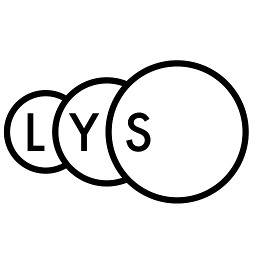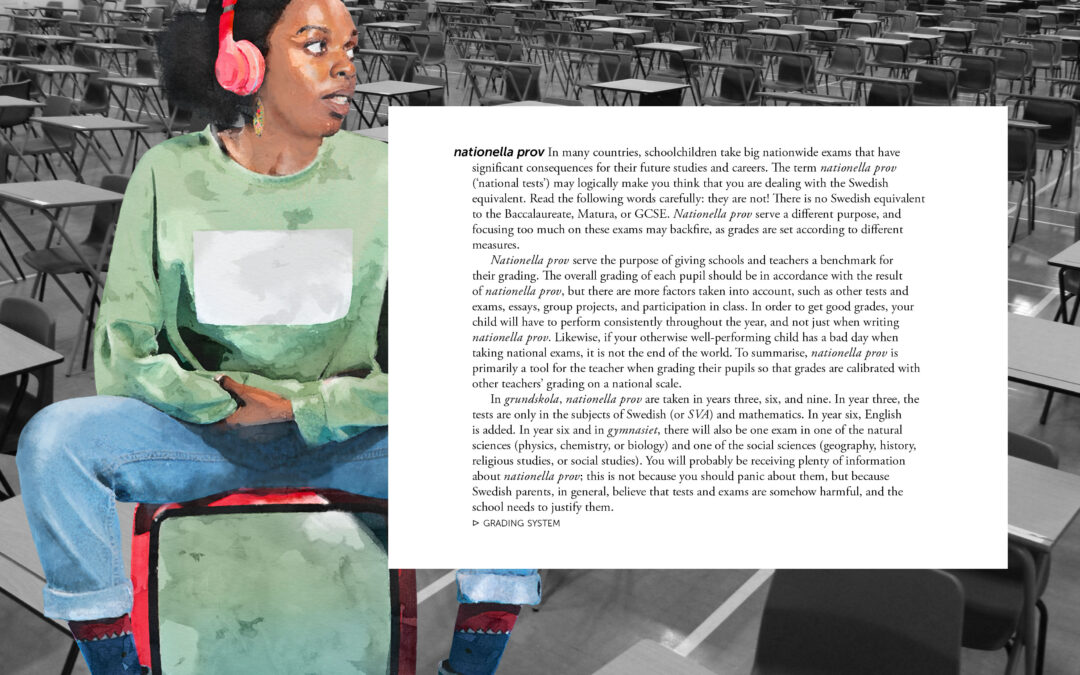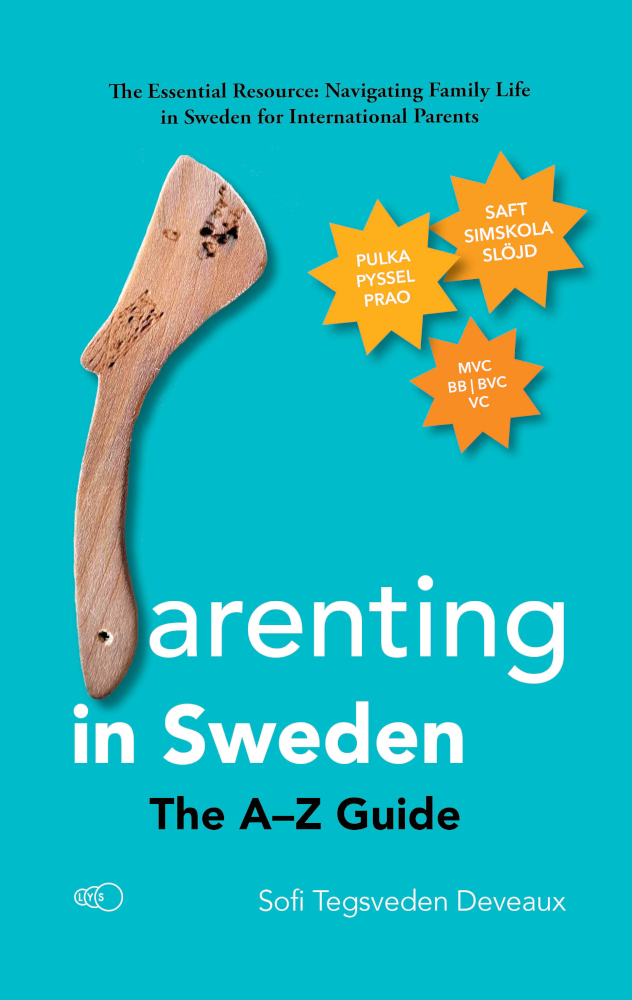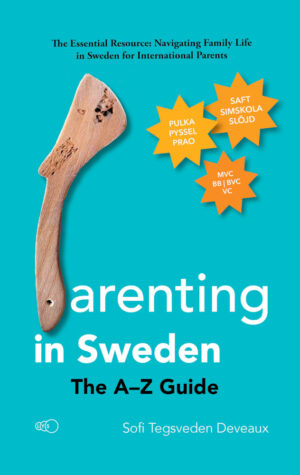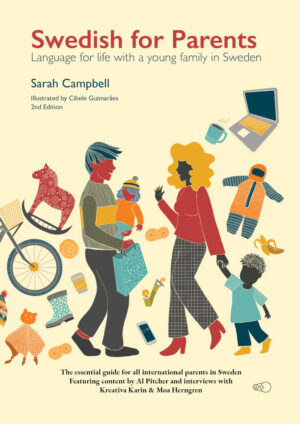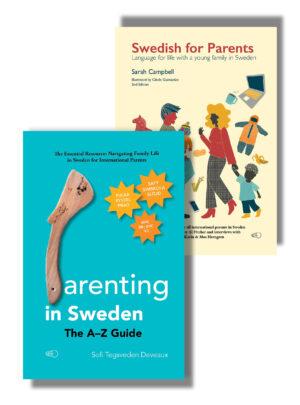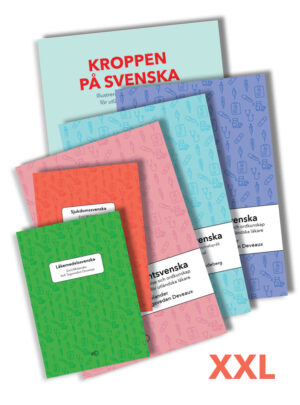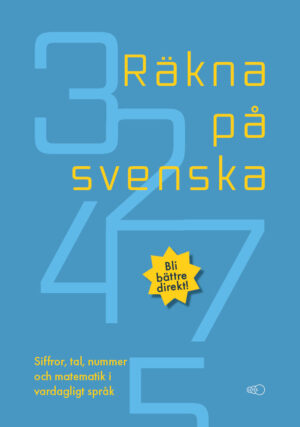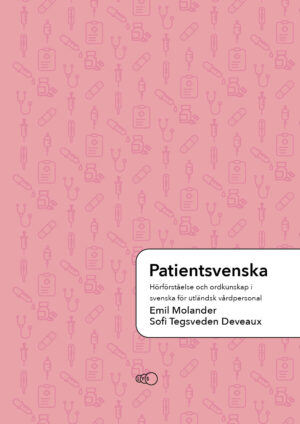In school years three, six, and nine, Swedish schoolchildren write an exam called nationella prov (‘national exams’). Nationella prov are also written in gymnasiet, the last three years of school. Third-graders take exams in Swedish and mathematics only, and six- and nine-graders are also tested in English. In gymnasiet, other subjects are tested, too.
In my work as a Swedish language teacher and cultural coach, I meet plenty of international parents who spend a great deal of time worrying about their children taking these tests. Seemingly, such concerns are justified; in many countries, schoolchildren take big nationwide exams that have significant consequences for their future studies and careers. The term nationella prov (‘national exams’) may logically make you think that you are dealing with the Swedish equivalent of the Baccalaureate, Matura, or GCSE, and you may encourage your child to study hard for such upcoming exams in the belief that they are terminal.
However, nationella prov are not at all comparable to big exams in non-Nordic countries. Instead, they serve the purpose of giving schools and teachers a benchmark for their grading. The overall grading of each pupil should be in accordance with the result of nationella prov, but there are more factors taken into account, such as other tests and exams, essays, group projects, and participation in class. In order to get good grades, your child will have to perform consistently throughout the year, and not just when writing nationella prov or other exams. Likewise, if your otherwise well-performing child has a bad day when taking these exams, it is not the end of the world. To summarise, nationella prov is primarily a tool for the teacher when grading their pupils so that grades are calibrated with other teachers’ grading on a national scale.
Also, Swedish schoolchildren are not graded until school year six, when pupils are typically 12 or 13 years old, meaning that nationella prov in school year three is only about keeping track of individual children who are likely to fall behind. If your child is performing average or above, the third-grade exams will have no consequences whatsoever. In higher school years, teachers consider not only test and exam results but also essays, group projects, and knowledge shown through “participation in the classroom”. Parents from more traditional cultures might emphasise test and exam performance, potentially overlooking such criteria. It’s crucial for students to actively participate in classes, not just by answering questions but also by asking questions and engaging with the topics covered. To achieve higher grades, students must not only memorise facts but also reflect on and analyse them, expressing independent thoughts related to the subject matter.
Hence, if you want to help your child succeed in the Swedish school system, encourage them to ask questions, express their thoughts, and collaborate with others. And don’t forget about practical skills: Children are graded in all subjects, including less academic ones, such as arts (bild), crafts (slöjd), and home economics (hemkunskap).
And in terms of nationella prov, the best thing to do might be to relax, read the questions carefully, and to remember that good enough is good enough. This is, in fact, what I’m telling my nine-year-old daughter who will write these exams next week.
Sofi Tegsveden Deveaux, March 2024
Did you know?
- Swedish schoolchildren can’t get a passing grade in idrott och hälsa (‘sports’/’PE’) in school year six unless they can swim, according to the Swedish definition. This includes going into deep water head-first and then swimming 200 metres without stopping, of which at least 50 metres backstroke.
- Swedish schoolchildren have to use a pencil at all times, including when writing exams. Pens are not allowed at all during förskoleklass and grundskola.
- Grades are set according to fixed criteria formulated by Skolverket (National Agency for Education) and not in relation to other pupils’ performance. At least in theory, this means that all pupils in one class could get the same grade.
- Teachers will never announce individual pupils’ exam results or grades in class. There are no ranking systems.
Do you want to learn more about the Swedish education system and what it’s like raising a child in Sweden? Parenting in Sweden is your go-to resource with more than 600 entries on family life in this Nordic country.
